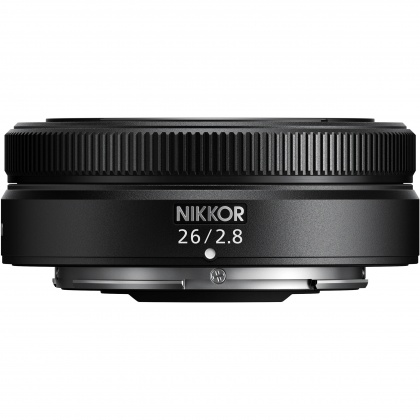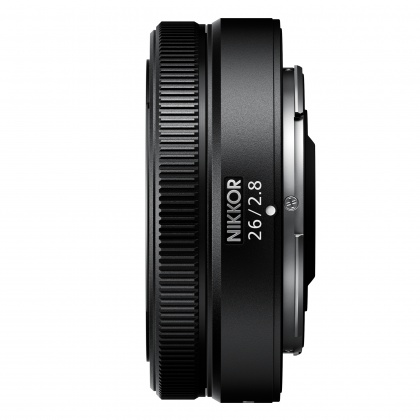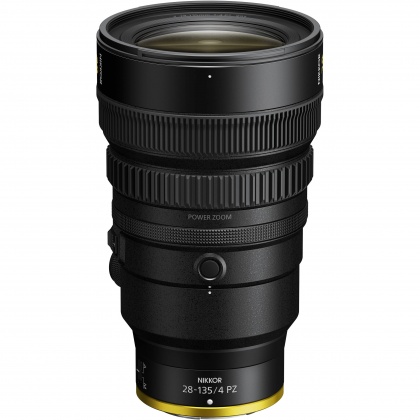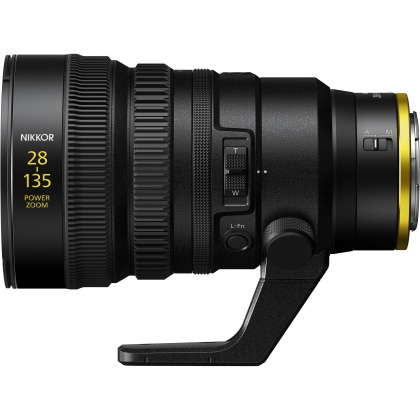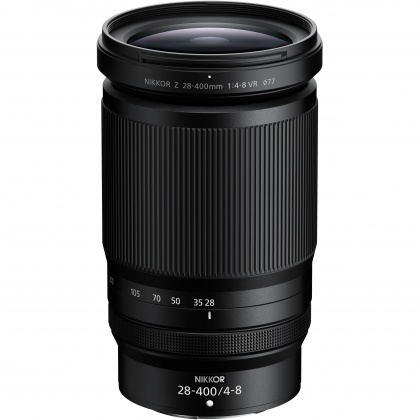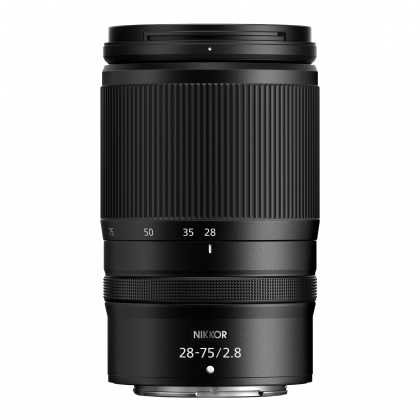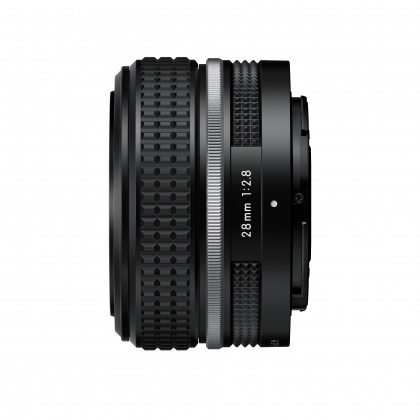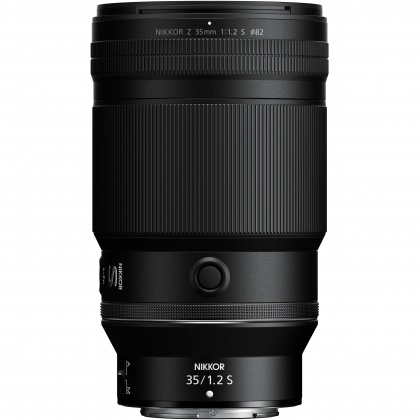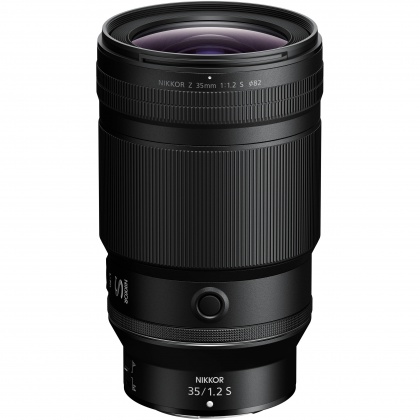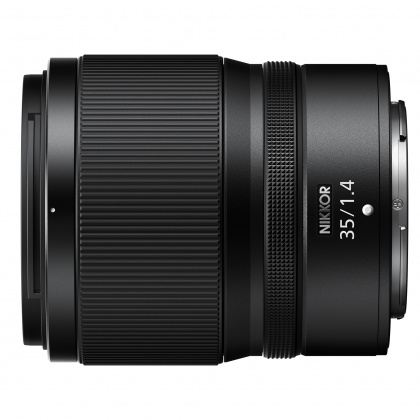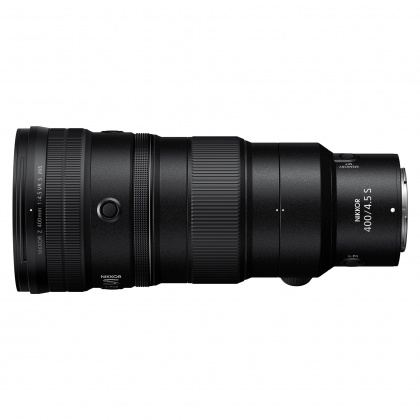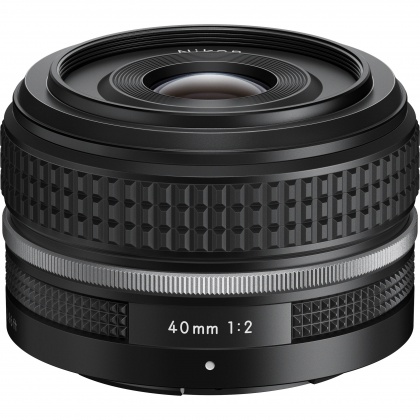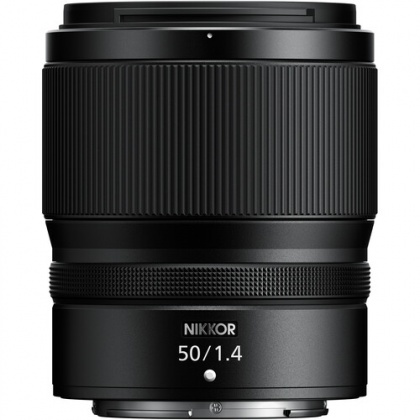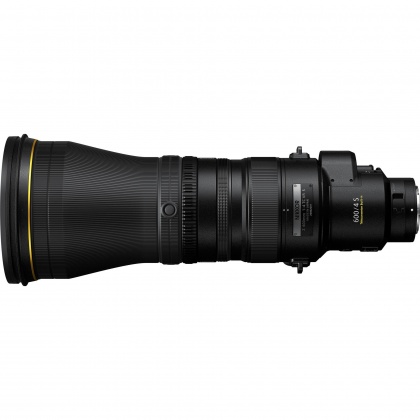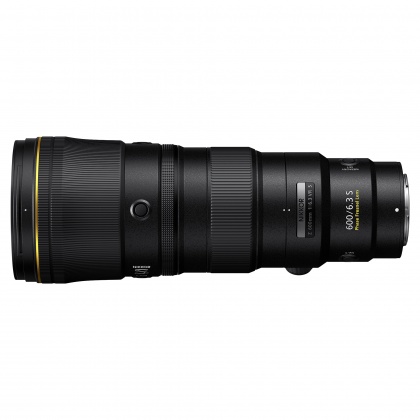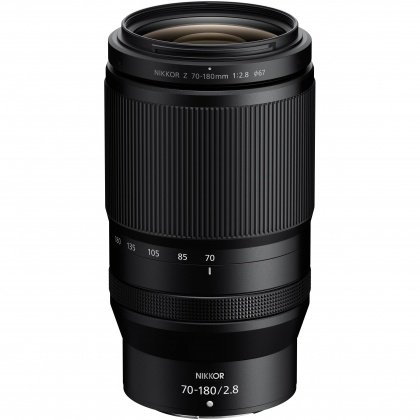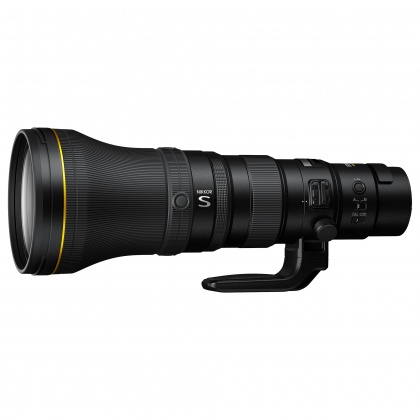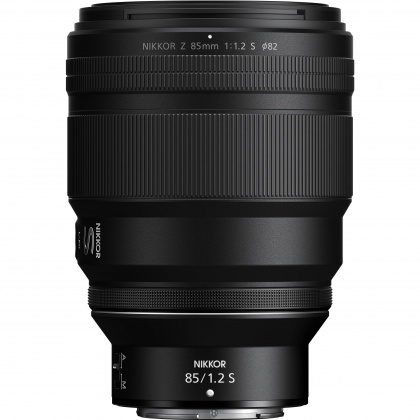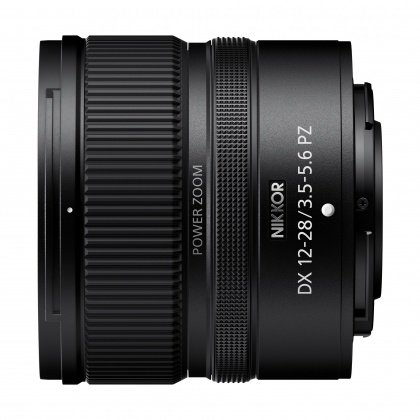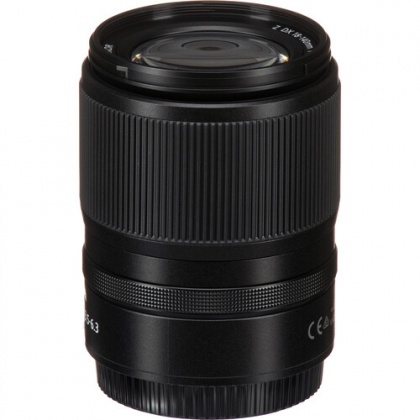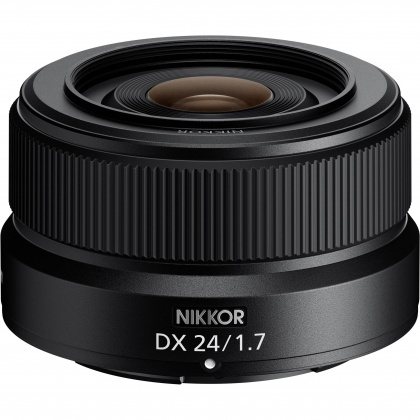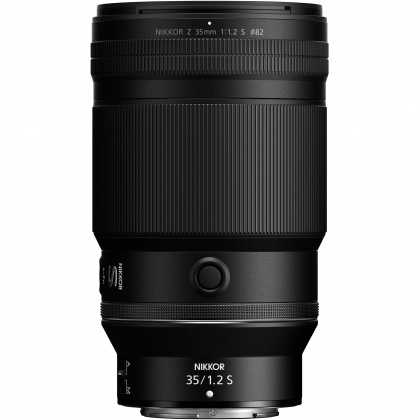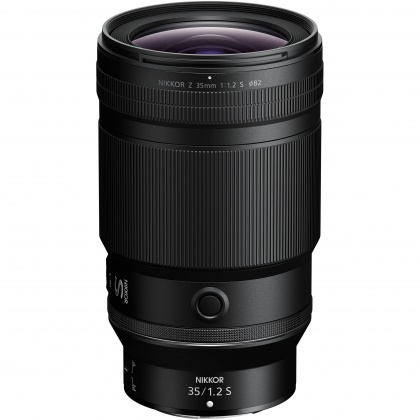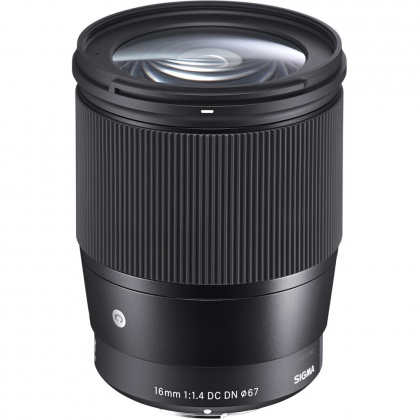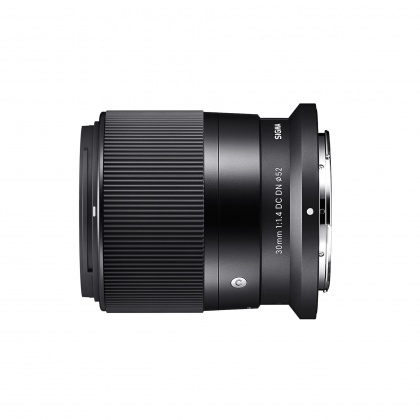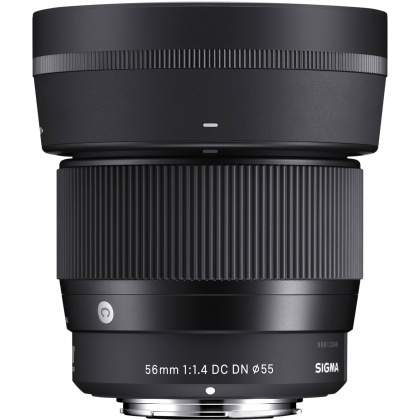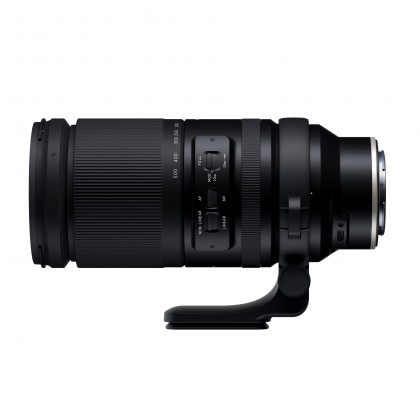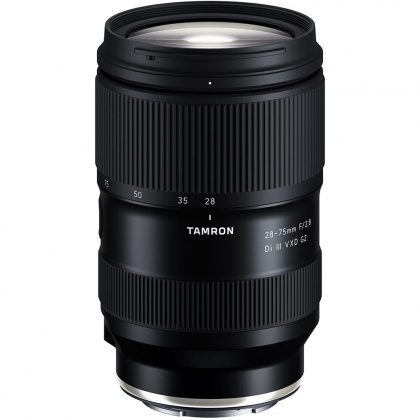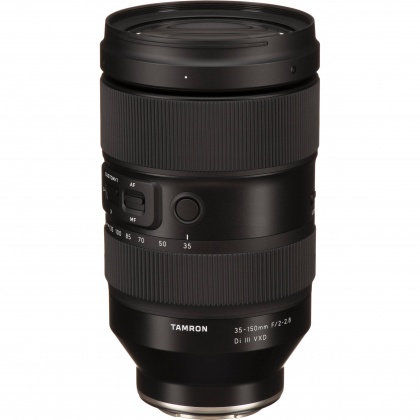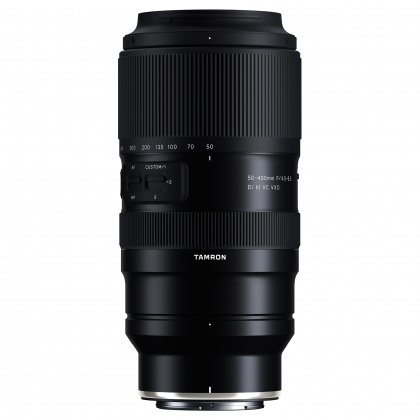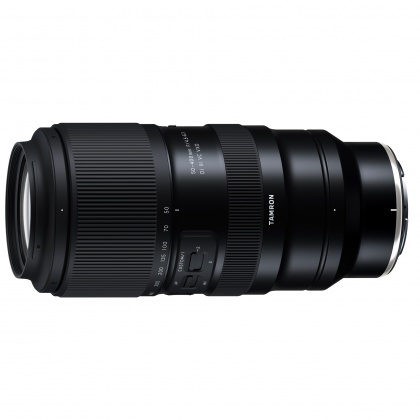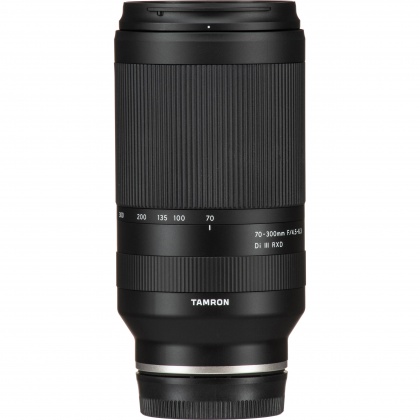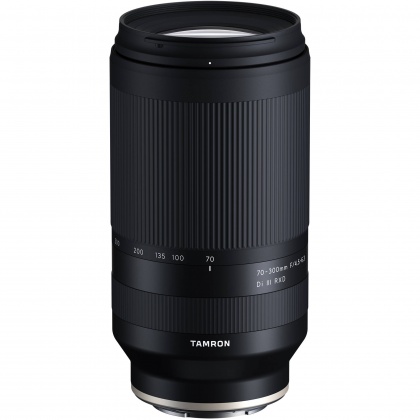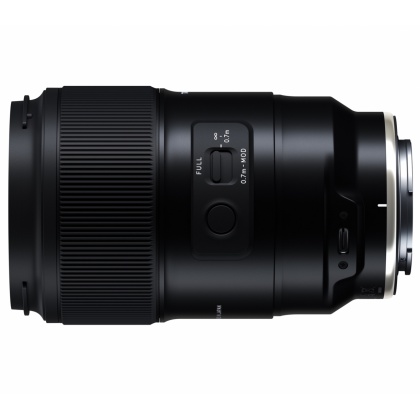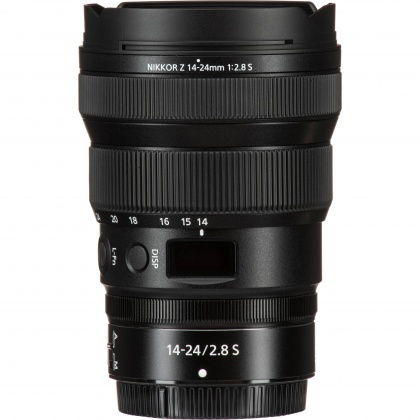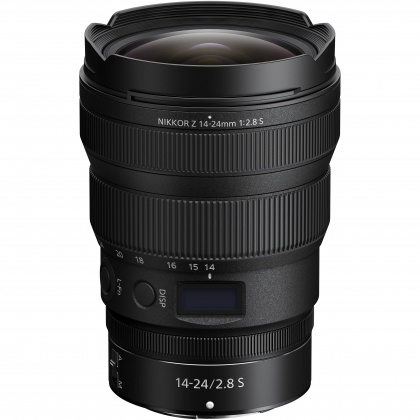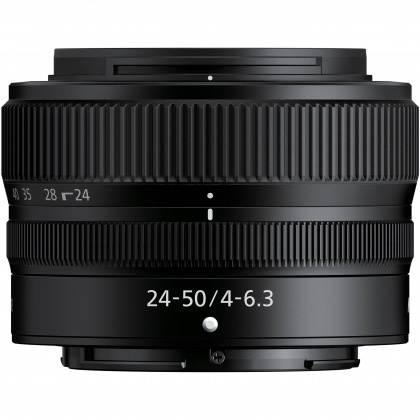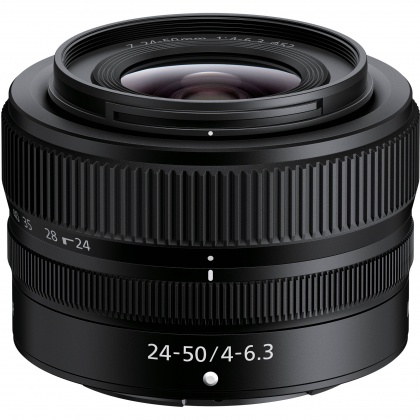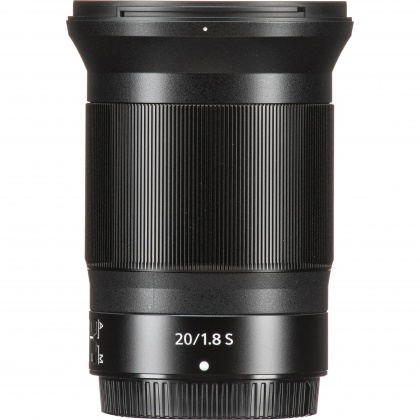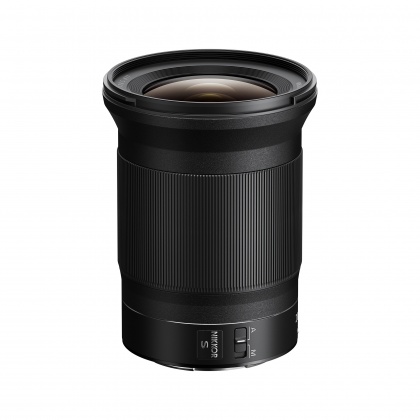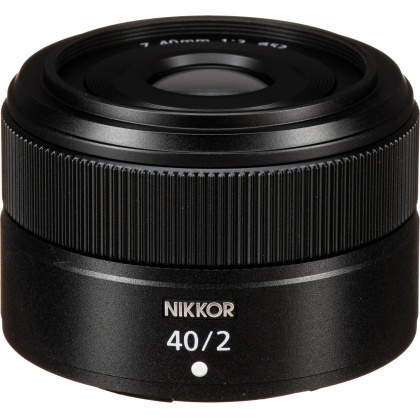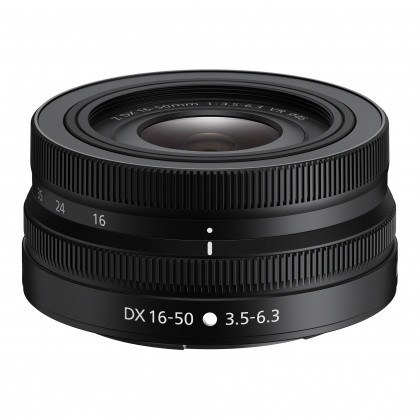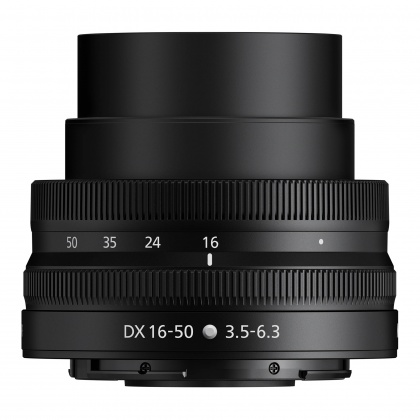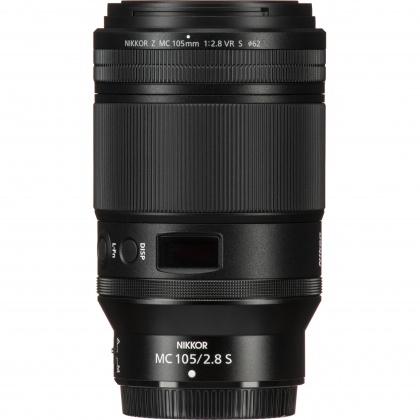What are the types of camera lenses?
- Camera lenses are generally defined by two key factors. The first is thing you will see is the Focal Length. The Focal length of a lens will be measured in mm and can vary from as low as 4.5mm right up to 1200mm or even higher.
- The second factor is the Aperture. The aperture is measured as a fraction of focal length/diameter of the lens – But you do not need to know this! What you’ll need to know is that a f/1.8 lens is ‘faster’ than an f/2.8 and will as a rule cost more money!
How do I know which lenses fit my camera?
-
The absolute basic is to know what camera you have, almost all cameras use their own mounts so you will likely need one of – Canon, Nikon, Sony, Fujifilm, Panasonic/Olympus ( Known as Micro Four Thirds )
- Once you have established this, you will need to know if your camera is an SLR or Mirrorless
- Finally, do you have a ‘Full-frame’ camera or a Crop Sensor – This one is simplified with certain brands as they do not make a Full-Frame option!
- If all of that has confused you, get in touch, we can point you in the right direction in no time.
So you know what lenses fit you camera, which has probably narrowed things down from the 1000s into the 100s now…
What should I look for when choosing a lens?
- With lenses ranging from under £150 right up to the deposit on a flat (Seriously), setting your budget is a good place to start.
- The most important thing to consider when choosing a lens is what are you hoping to photograph? If you are hoping to get in closer than you see with your eye then a Telephoto Lens would be what you need. If you want to fit more in then a cleverly named Wide Angle lens is what you are after. As a point of reference the human eye sees at around 50mm, so is often referred to as a Standard Lens, any number lower than this will be Wide Angle, any number larger will be Telephoto. If you have a crop sensor camera then the Standard lens is either 25mm for Panasonic/Olympus or 35mm for everyone else.
- The next consideration is would you like a Zoom Lens or a Fixed Lens? A Zoom Lens is any lens with a variable focal length. They are available in wide angle, telephoto, and standard. If you bought your camera with a lens it is likely a Standard Zoom, i.e. one which covers the Standard focal length for your camera. A fixed lens is a lens which does not zoom, these are some of the simplest lenses and by their nature can give some of the best results, but their lack of flexibility does not suit everyone.
What does an aperture do?
- The aperture is simply the hole in the lens through which the light travels.
- The aperture of a lens affects 2 factors. The first is fairly obvious, a wider aperture will allow more light to pass through the lens, this has the effect of allowing you to use faster shutter speeds. Or if you prefer... More light can hit the sensor for any given shutter speed. Think of it like the iris of your eye.
- The 2nd effect of changing your aperture is the depth of field. A physically larger lens needs to be focussed more accurately to bring the light rays from the edge of the lens to the same point as those that pass straight through the centre. A wide aperture (say f1.8) will create a shallow depth of field. This is what you will be looking for to take nice sharp portraits with a soft blur to the background (known as Bokeh). By contrast, a pin-hole camera only passes light straight through and does not need to be focussed.
What is a Prime Lens?
- A Prime lens is any lens with a fixed aperture - Think 50mm f1.8 AKA the Nifty 50. These lenses are often some of the highest quality lenses. This is due to the fact they contain fewer elements than a zoom lens, each element will effect the light transmission slightly as it passes through.
What is a Zoom Lens?
- A Zoom lens is any lens with a variable focal length. i.e. not a Prime Lens. Some common zoom lenses are 100-400mm, 70-200mm, 24-70mm. The advantage of these lenses is that you essentially have multiple lenses on your camera at once. You can quickly change between focal lengths without needing to swap lenses. See all the zoom lenses we stock here and filter by brand.
What is a Wide angle / Fisheye Lens?
- A Wide angle is any lens with allows you to distort the image to fit more in. These are great when you cant step back to fit more in and are used for Landscapes, large group shots (Think Weddings & School photos) and Architecture. Anything wider than 28mm is considered wide, but the lower the mm the wider the lens. Popular Wide angles will start from 16mm, or in some cases even wider. Though at this point they are often referred to as Fisheye. See all the wide angle lenses we stock here and filter by brand.
- A Fisheye lens is an extremely wide angle lens which will distort the image, often into a circular image. See all the fisheye lenses we stock here and filter by brand.
What is a Telephoto Lens?
- A Telephoto lens is any lens which brings the subject in closer than you see with the naked eye. So anything over 50mm on a full-frame camera. Generally used for sports and wildlife photography, you will often find Telephoto Zoom lenses which give plenty of flexibility for fast moving subjects. See all the telephoto lenses we stock here and filter by brand.
What is a Macro Lens?
- Macro is something often seen on lenses, but a true Macro Lens is one which will give what is known as a 1:1 ratio. What this means it that the image hitting the sensor is the same size as in real life... The result is a close up photo with no distortion. Macro lenses often produce very shallow depth of fields and are used to create amazing abstract photograhpy of even the most mundane subjects. A true Macro Lens will usually be a fixed focal length and are usually in the range of 60-120mm (Though not always!) See all the macro lenses we stock here and filter by brand.
In Summary
- There are 3 main considerations; Which Focal Length would you like? Is a wide Aperture important to you? And do you need a Zoom?
If you would like help answering these questions, that is where Castle Cameras comes in. Our expert team will be happy to help you find the right lens for the job. Just pop into one of our shops, give us a ring or start a live chat.




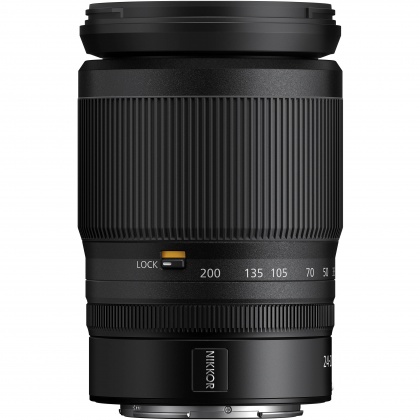
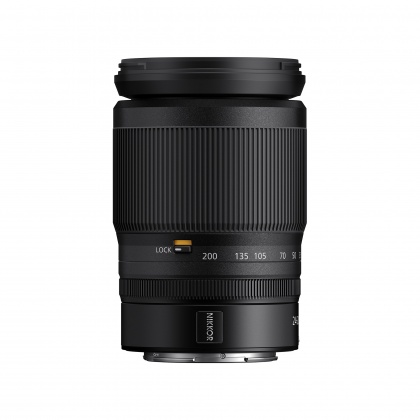

 In Stock
In Stock